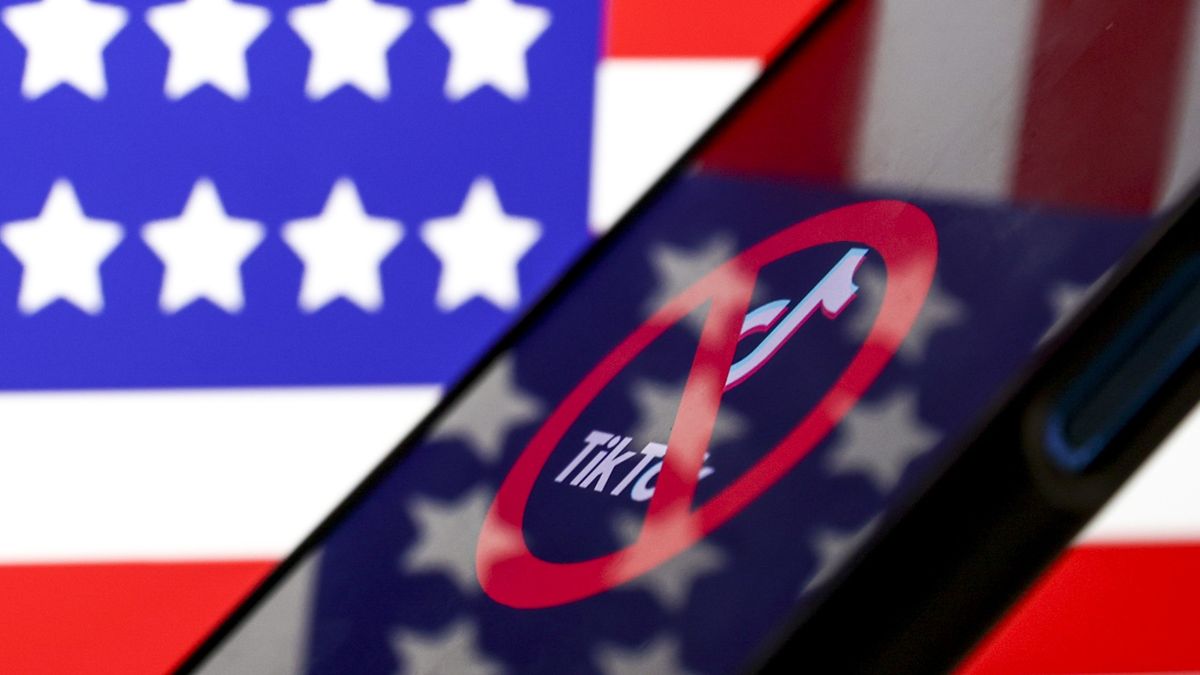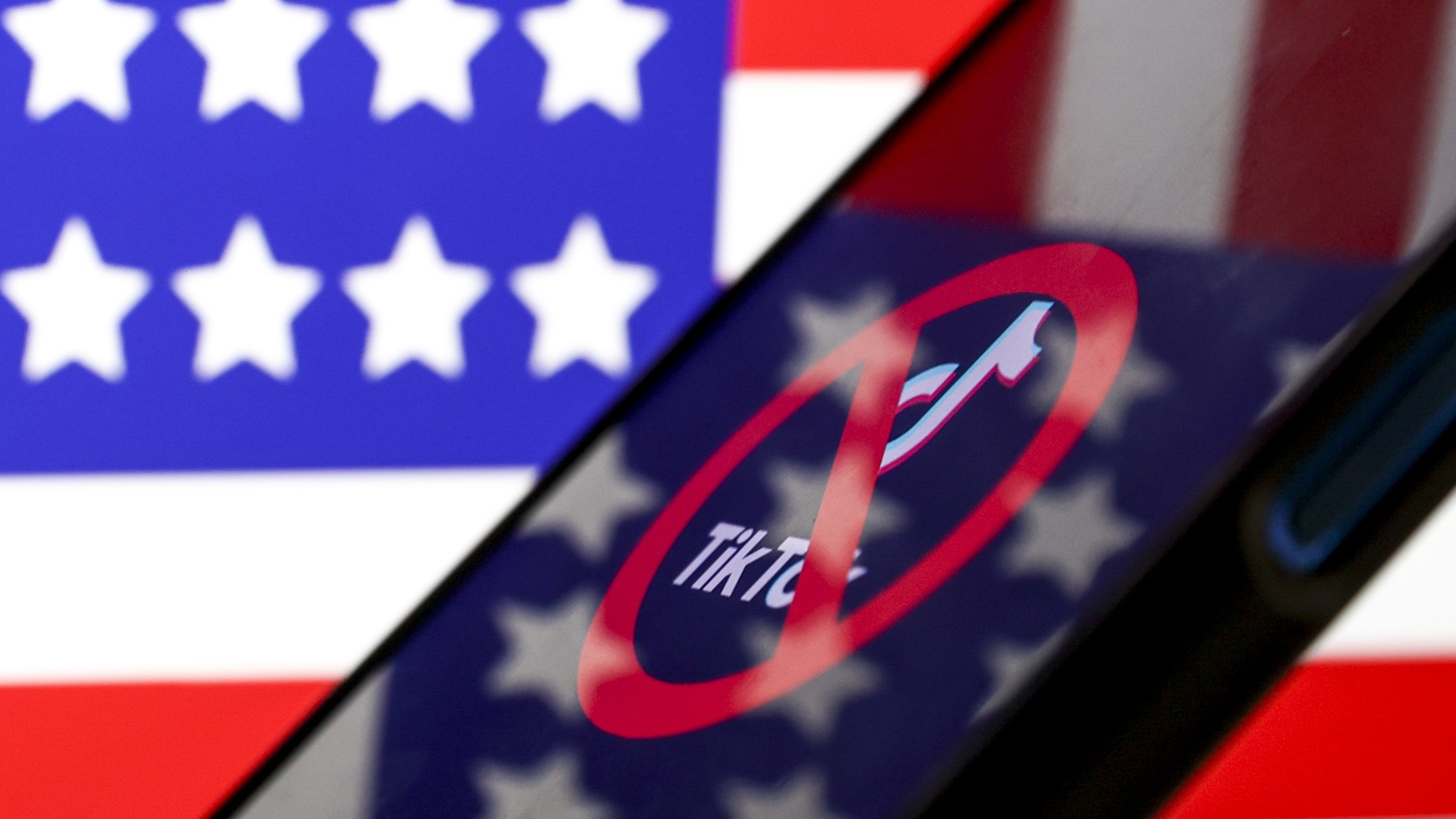As its primary user base grows older and increased review by US legislators, it is clear that Tiktok, Originally known for spreading viral dance trends, has entered its political villain -era. Prompts that the platform be banned has increased in recent years and have taken on a renewed joy when the platform tries to fight Pushback from several angles.
TikTok recently came under fire to allegedly “promoting pro-Palestinian, anti-Israeli content through its powerful feed,” New York Times reported. The charges aroused calls from Washington of banning the app, “claims that Beijing can affect the content marketed through the platform’s algorithms.” The charges also led to a private meeting between more than a dozen Jewish influences and celebrities and Tiktok managers. The platform also met counter -reaction after Osama bin Laden’s “letter to America” apparently abuse virus-.
All this controversy comes when TikTok is increasingly becoming a news source, with the number of users saying they get it from the app almost doubled since 2020, per a new survey of Pew Research Center. Tiktok still falls behind Facebook, which met similar review to skew against right-right content, as the most popular app on social media for news. It has not kept the younger, more left -handed app from becoming the new center for the debate on social media.
Subscribe to The week
Escape your echo chamber. Get the facts behind the news, plus analysis from several perspectives.
Subscribe and save
Register for this week’s free newsletter
From our Morning News Briefing to a weekly newsletter every week, get the best of the week delivered directly to your inbox.
From our Morning News Briefing to a weekly newsletter every week, get the best of the week delivered directly to your inbox.
TikTok is a serious threat, and the company can do more to protect users
For some critics, TikTok does not do enough to stop the increase in inflammatory content on the platform. Actor Sacha Baron Cohen accused the platform of “creating the greatest anti -Semitic movement since the Nazis” by not using its tools to prevent a recent flooding of anti -Semitic comments under videos published by Jewish users, Per Times. During the private meeting, he criticized he the platform for spreading violent images and disinformation.
Between being accused of prioritizing pro-palestin content and Obama bin Laden’s rally of letters, legislators from both sides of the political spectrum have used the opportunity to resume a driving force to completely ban the platform. Rope. Josh Gottheimer (DN.J.) accused TikTok of “pushing pro-terrorist propaganda to influence the Americans” and demanded that it be “banned or sold to an American company, in a post on X, formerly known as Twitter. Missouri Senator Josh Hawley (R) in a similar way described The platform as “a geyser of terrorist propaganda – and the most effective monitoring tool for a foreign government ever invented”, in another X post.
Others criticized the Chinese owner of the platform for consciously allowing the spread of burning content. “Here in America, the application’s algorithm is exquisitely set to prioritize polarizing upset and addictive, brain -anesthetic nonsense (at best) and dangerous propaganda (at worst),” wrote rep. Mike Gallagher (R-WISC.) In an Open for The free press. Gallagher said that Tiktok’s parent company change and the Chinese Communist Party “have decided that China’s children will have spinach, and America’s Get Digital Fentanyl.”
The moral upset is opportunistic
Part of the increased attention to TikTok over other similar platforms comes to it with “an ownership structure that has attracted negative attention”, noted Phillip Bump in an analysis for Washington Post. The fact that the app is a subsidiary of a company based in China “has made the company a target for American government criticism and review from both sides of the hallway,” Raded Bump. The relapse over the alleged reinforcement of pro-Palestinian content, for example, was identified by certain critics such as “downstream of Chinese national interests.” Tiktok’s “ties to China also invites (sometimes opportunistic) overreaction”, he noted, noting that another Postal analysis found that Instagram “saw a similar difference in interest between posts that support the Palestinian cause in relation to Israel.”
GarbageRyan Broderick called the platform “A Political Lightning Bar”, who pointed out that the viral Osama bin Laden story “was perfect for Democrats who want to explain the real generation difference happening on the left of support for Israel.” It also works for “Republicans who are afraid that Tiktok’s algorithm may turn red-blooded American men into Xi Jinping-worshiping Catboys, or whatever,” added Broderick. NotificationJohn Herrman agreed that the films from Gen Z who reacted to the bin Laden letter “struck a little too neatly in broader conversations about how (especially young) people consume news today and about the political influence of foreign-owned TikTok.”

